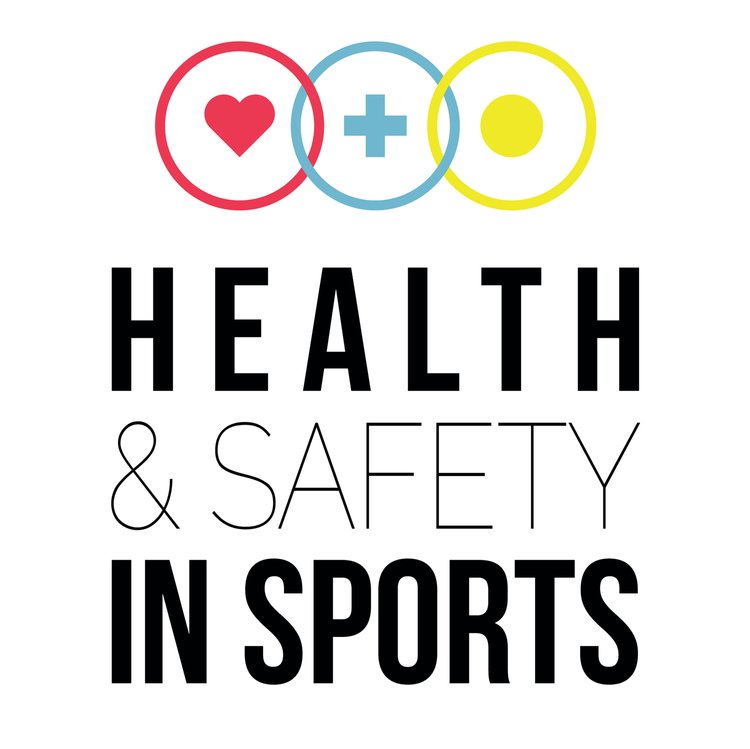We thank all participations who partook in our fifth online Friday Lecture. Thanks to the interest of 200+ registrants, this edition of the online Friday Lecture was again a success. Before you skip to the individual presentations in this post .. mark your calendar with our next Friday Lecture on December 4th (9.30am -11.30am Amsterdam time). The topic of the next meeting is “Leading & managing the medical team in (elite) sports”.
Read MoreHealthy Sports
Does the initial injury care provided affect the outcomes of neuromuscular training?
In a collaboration with our colleagues at the Erasmus Medical Center, we studied the impact of initial healthcare on the outcome of neuromuscular training (NMT) for recurrent sprains. Ankle sprains remain one of the most common traumas to the musculoskeletal system, and have long-lasting impact on physical function and the use of medical care, up to 12 months after the injury. Based on our previous preventive studies we questioned whether there is an association between the healthcare provider who treated the index sprain and the effect of NMT on recurrent ankle sprains and, also, whether athlete characteristics differ between the different type of healthcare providers. These characteristics will be useful for healthcare providers to take into account when choosing intervention strategies or determine prognosis.
Read MoreFRIDAY LECTURES: Crossing Borders (all presentations now available)
We thank all participations who partook in our fourth online Friday Lecture. Thanks to the interest of 150+ registrants, this edition of the online Friday Lecture was again a success. Before you skip to the individual presentations in this post .. mark your calendar with our next Friday Lecture on November 6th (9.30am -11.30am Amsterdam time). The topic of the next meeting is “Mental Health Symptoms in Elite Athletes”
Read MoreTaking the lead towards healthy performance
In our latest viewpoint - just published today in BJM Open SEM - we question whether we really have the skills to effectively lead a multidisciplinary sports medicine ‘team’. Where not too long ago we serviced athletes; nowadays, we have the responsibility to lead a multidisciplinary team that is mandated to protect the athletes’ health, ensure competition availability and ability to compete at peak performance.
Read MoreAthlete health protection: Why qualitative research matters
We already informed you on the initiative of the Qualitative Research in Sports Medicine special interest group (aka QRSMed). A growing group of researchers in the field of sports medicine, with a keen interest and belief in qualitative research methods. The aim of QRSMed is to identify and champion strategies required to facilitate, support, and incentivise qualitative research in athlete health protection. Together with the founding members of this group we have written a call to action.
Read More




